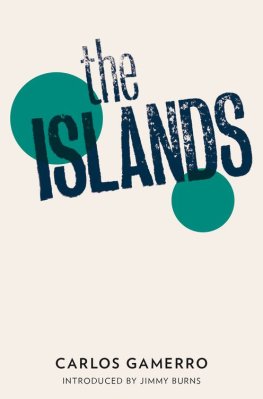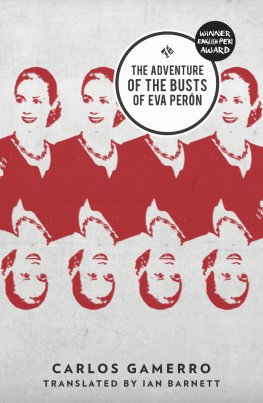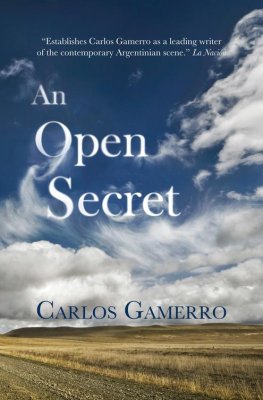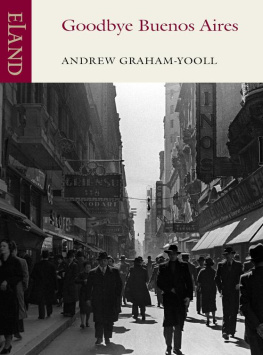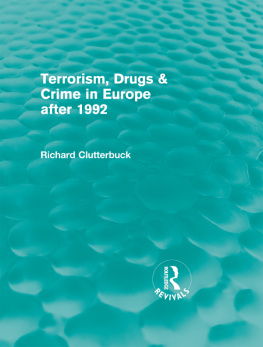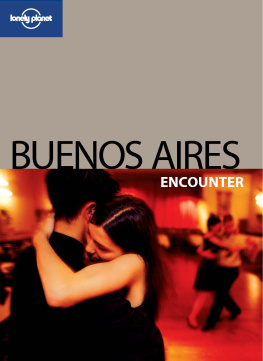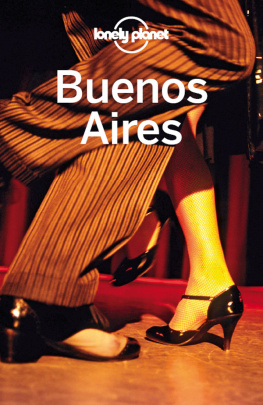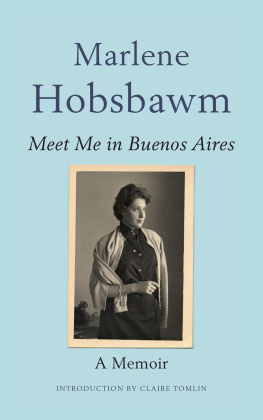Carlos Gamerro
The Islands
In nearly four decades of journalism, few articles have proved more challenging than the one I was obliged to write in the early hours of 2 April 1982, when Argentine forces occupied the British South Atlantic colony of the Falkland Islands.
Typing in my office near Avenida Corrientes, my only point of reference was an editorial by the English-language Buenos Aires Herald, the newspaper that, during the worst periods of Argentinas Dirty War following the military coup of 1976, had religiously published daily lists of the disappeared.
The Herald discerned an element of tragicomedy in the news that the Argentina junta had ordered a full-scale military invasion of the Falkland Islands. The colony was better known for its penguins and other wild life than for any member of its tiny population: just over 1,200, sheep farmers mainly. Yet the junta invoked a 150-year-old disputed sovereignty claim to justify its action and in the process divert domestic attention away from its appalling human rights record. The ensuing war lasted just 74 days and led to the death of over 1,000 soldiers, more than 600 hundred of whom were Argentine. Mrs Thatcher emerged victorious. Humiliated in defeat, the junta disintegrated.
Carlos Gamerros The Islands is a novel about the distorted logic and the bizarre endurance of Argentinas militarised society, viewed through the inevitably distorted gaze of a veteran of the war. Felipe Flix inhabits a world where the lines between reality, dreams and fears are hopelessly blurred, a world dominated by torturers and megalomaniacs, where fear and violence rule. This literary excavation is both a nightmare and a fair reflection of grotesque national trauma.
For the war of the Malvinas as the islands are known in Argentina cannot be understood outside the context of Argentine reality and mythology and their convergence in a historical narrative as conceived by scheming military officers and their collaborators. General Galtieri and his junta took society and myth to another level by fighting a war over Las Malvinas as if the islands held a magical key to national identity, a kind of Holy Grail in Argentinas aggrandising quest. As one character in this novel puts it: Argentina is an erect prick ready to breed, and the Malvinas, its balls.
The lunacy of the Falklands War, and the brutality and self-delusion of the militarised society that brought it about, define the personality and motivation of Felipe Flix, Gamerros protagonist: he is a one-time Argentine conscript, forced ten years later to recall his experience of the conflict, who finds the elements that first provoked still festering like a resistant cancer. These elements endure in the torturers and assassins that continue to inhabit the urban landscape of Buenos Aires.
Felipe is doubly haunted: by the humiliation of the Malvinas and by the memory of that dirtier war that predated the invasion of the islands, during which the military kidnapped, tortured and killed thousands of political dissidents in the name of national reorganisation. But Felipe is more than just a war veteran. He is also a computer geek, a ruthless hacker, an inventor of state-of-the art video war games and, crucially, an agent in the employ of the sinister magnate Fausto Tamerln, whose tower-block headquarters is located in the citys supposedly regenerated harbour.
Sex is everywhere in The Islands, but it is as brutal and extreme as that described by V. S. Naipaul in his essay The Return of Eva Pern, written shortly after the 1976 coup that promoted officers like those seen torturing their own soldiers in the novel. Naipaul analyses Argentine history as if it were fiction, suggesting that we Outline it like a story by Borges. What follows is a devastating examination of the rottenness underlying the past and present of a flat desolate land where the quasi-religious figure of Perns legendary wife Evita provides the only space for emotion in the midst of militarised terror. Twenty years after Naipauls essay, in 1998, Gamerros novel first appeared in Spanish. Now, in this fine if somewhat belated translation, it is Gamerros turn to invoke the spirit of Joseph Conrad and his Heart of Darkness.
Conrad wrote: The destiny of all nations is to be accomplished in darkness amidst much weeping and gnashing of teeth, to pass through robbery, equality, anarchy and misery under the iron rule of a military despotism. In Gamerros The Islands, we see how Conrads words fit the madness of Argentina during those years: they encompass the schizophrenic mood and the moral vacuum of a peculiarly Argentine moment of dream-fused reality.
The River Plate, watched from Tamerlns window, is as murky as the Thames, where, in The Heart of Darkness, Conrads Marlow begins his journey in search of Mr Kurtz, a man corrupted by power and wealth, a militarised businessman who has lost all sense of moral value and even of reality. As Felipe seeks out Tamerln, through his past, present and future, he finds everything corroded and corrosive. In this world where the dead coexist with the living, Felipes love for his girlfriend must be played out under the influence of hallucinogenic drugs. A rare glimpse of common happiness is engulfed by the horror show.
Conrad may have crept uninvited into The Islands, but his presence will guarantee the novel its place in literature and among readers around the world. Gamerro acknowledges the influence of William Burroughs and of Michael Herr, whose Vietnam novel Dispatches merged with Conrads Heart of Darkness to form the matrix of Francis Ford Coppolas seminal film Apocalypse Now. Perhaps due to Gamerros practised dramatic eye he is also a successful playwright there is a powerful cinematic aspect to this black satirical novel, whose dystopian elements cry out, if not for a Coppola, then certainly for a Terry Gilliam.
Another important literary influence here is what Gamerro himself describes as baroque fiction, in which reality and illusion are easily transmuted: fiction in which neither protagonist nor reader can tell whether events are fantasy or reality. With roots in the works of Spanish Golden Age writers like Caldern and Cervantes, as well as in Shakespeare, Gamerros novel marks him out as a worthy member of the impressive academy of the Argentine fantastic, alongside Borges, Bioy Casares, Cortzar and Ocampo. If there is a method in the madness, it is one that should be familiar to fans of these great writers, for in the Argentina of Gamerros narrative, history is written by individual imagination as much as it is by external facts.
Appropriately made available in English on the thirtieth anniversary of the Falklands War, The Islands demonstrates a powerful literary imagination, opening doors of perception beyond tragicomedy, onto the nightmare society that made this conflict possible. Gamerros novel is as rich as it is ambitious, confirming him as one of todays most exciting and courageous Latin American writers.
Jimmy Burns
London, January 2012
The inferno of the living is not something that will be; if there is one, it is what is already here, the inferno where we live every day, that we form by being together. There are two ways to escape suffering it. The first is easy for many: accept the inferno and become such a part of it that you can no longer see it. The second is risky and demands constant vigilance and apprehension: seek and learn to recognise who and what, in the midst of the inferno, are not the inferno, then make them endure, give them space.
Italo Calvino, Invisible Cities, Trans. William Weaver
Chapter 1. ACRYLIC & GLASS

